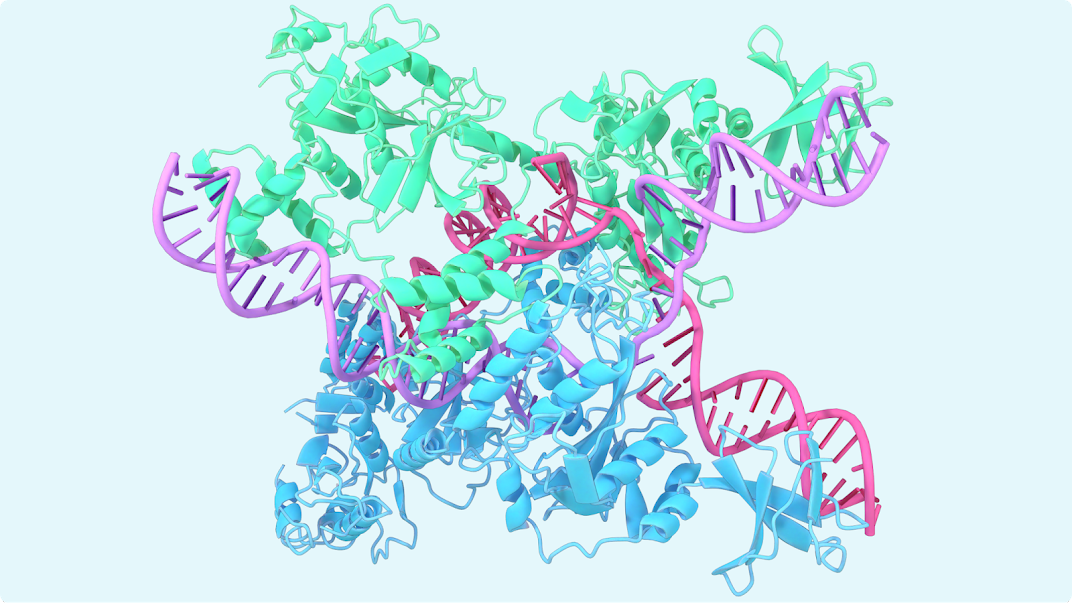Wellcome Trust has provided a grant of S$2.5 million to the National University of Singapore (NUS) to establish the Asian Clinical Research Network (ACRN) to conduct antimicrobial clinical research to develop the most effective ways to treat and prevent life-threatening drug-resistant infections. This will be the first clinical trial network established in Asia focusing on drug-resistant infections. Other similar networks have been set up in Europe, the United States and Australia and collaborating with these networks is a key long-term goal.
The NUS Saw Swee Hock School of Public Health will be hosting the network and the School will work closely with local partners – namely the NUS Yong Loo Lin School of Medicine, Duke-NUS Medical School, Lee Kong Chian School of Medicine in Nanyang Technological University as well as National Centre for Infectious Diseases – to carry out clinical trials related to drug-resistant infections. Each institution has committed S$500,000 towards establishing and supporting the work of the ACRN, bringing the total funding for this network to S$5 million. The Singapore Clinical Research Institute will also be involved in implementing this network.
Global public health challenge
Antimicrobial resistance occurs when microbes become resistant to the medications used to treat the infections they cause. These drug-resistant infections are a global health issue that could be exacerbated by responses to the COVID-19 pandemic. In fact, the World Health Organization (WHO) has declared antimicrobial resistance one of the top 10 global public health threats facing humanity[1].
Currently, at least 700,000 people die each year due to drug-resistant infections. According to a report released by the United Nations in 2019, drug-resistant infections could cause 10 million deaths each year by 2050, and by 2030, antimicrobial resistance could force up to 24 million people into extreme poverty [2]. Experts predict that by 2050, nearly half of the deaths caused by drug-resistant infections could occur in Asia [3] and many of these epicentres of antimicrobial resistance in Asia have poor public health infrastructure to combat this problem.
Urgent action is therefore needed to address this issue and reduce the number of deaths each year, especially in Asia. Establishing the ACRN will help to improve and strengthen clinical research capabilities in the region, to successfully and efficiently deliver interventions for drug-resistant infections. Importantly, the network will improve access to clinically relevant and vulnerable populations, ensuring that treatments reach those most in need.
Asia-based clinical trial network to improve treatment and supply of new drugs
Associate Professor Hsu Li Yang, an infectious disease expert and Vice Dean (Global Health) at NUS’ Saw Swee Hock School of Public Health, explained, “The current model of clinical research in antimicrobial resistance is to fund individual clinical trials on an ad-hoc basis, with each trial requiring significant investment in research infrastructure and skills development in addition to the trial-specific costs. This model is inefficient scientifically, developmentally and financially. Such trials are also typically not conducted in low- and middle-income countries, where there is the greatest need.”
He added, “A clinical research network based in Asia will significantly increase the quality and efficiency of clinical trials in the region, resulting in an improved understanding of drug-resistant infections, improved treatment of those infections and an increase in the supply of new drugs to fight antimicrobial resistance. The joint funding will also spur research collaboration and capacity building both in Singapore and the region to jointly develop solutions to the issue of antimicrobial resistance.”
Dr Tim Jinks, Head of the Drug Resistant Infections Priority Programme at Wellcome highlighted the importance of this new initiative. “New antibiotics and improved ways of treating people are necessary to save lives and stop the spread of drug-resistant infections. We are thrilled to launch this important clinical research network with NUS and partners. This multi-institutional and international collaboration will strengthen and build research capabilities in Asia and support world-class science. I look forward to seeing the network deliver results that will be important to the health of people in the region and around the world.”
[1] https://www.who.int/news-room/fact-sheets/detail/antimicrobial-resistance
[2] https://www.who.int/news/item/29-04-2019-new-report-calls-for-urgent-action-to-avert-antimicrobial-resistance-crisis
[3] https://asia.nikkei.com/NAR/Articles/Drug-resistance-threatens-Asia-s-health-and-economy









